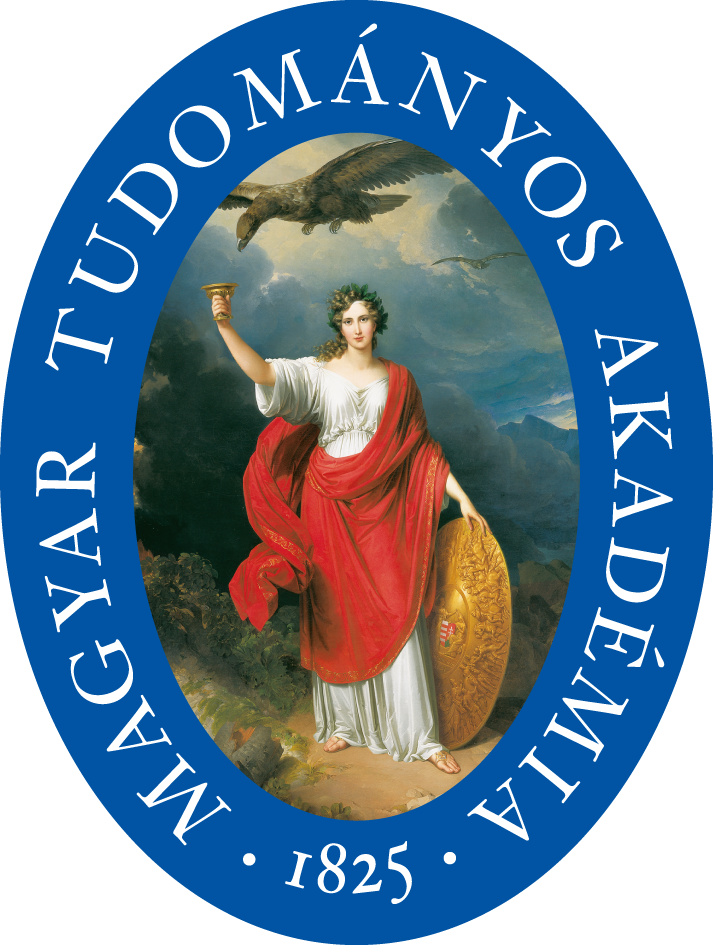Fenntartható fejlődési célok (sustainable development goals)
DOI:
https://doi.org/10.56617/tl.3648Schlagwörter:
fenntartható fejlődés, nemzetközi fejlesztési együttműködés, millenniumi fejlesztési célok, fenntartható fejlődési célok, szakpolitikai integrációAbstract
Az ENSZ 193 tagállama 2015 szeptemberében elfogadta a Fenntartható Fejlődési Célokat (Sustainable Development Goals, SDGs) tartalmazó új fejlesztési programot, az Agenda 2030-at. A Millenniumi Célok (Millennium Development Goals, MDGs) után, a 17 átfogó cél és azokat részletező 169 részcél egy integrált rendszert alkotnak, amely a fenntartható fejlődést nemzetközi keretbe helyezi, és összekapcsolja a fejlesztési célkitűzésekkel. A cikk, kiindulva a fenntartható fejlődés koncepciójának nem egységes értelmezéséből és a Millenniumi Célokból, áttekinti az új globális víziót kínáló célrendszert (kiemelve annak néhány alapvető pozitívumát és hiányosságát), amelynek a megvalósítása még hátra van és függ a nemzeti szintű végrehajtástól, a szakpolitikai integrációtól, az együttműködés megerősítésétől és a finanszírozástól.
Literaturhinweise
Balogh R., Rohonyi P. 2014: Hogyan lesznek – s lesznek-e – a Millenniumi Célokból fenntartható fejlesztési célok? DEMNET Tanulmányok, 3–19.
Beyond 2015: http://www.beyond2015.org
Brown L.R. 1981: Building a sustainable society. A Worldwatch Institute book, W.W.Norton, New York. 433 pp.
Daly H. 1996: Beyond Growth: The Economics of Sustainable Development. Boston. Beacon Press.
Faragó T. 2013: A nemzetközi fejlesztési együttműködés céljai és a fenntartható fejlődési célok. Statisztikai Szemle, 91(8-9): 823–841.
Faragó T. 2016: Világunk 2030-ban: a nemzetközi együttműködés új egyetemes programjának előzményei, lényege és értékelése. Külügyi Szemle 15(2): 3–24., http://www.greenfo.hu/uploads/dokumentumtar/farago-tibor-vilagunk-2030-ban.pdf [megtekintve/accessed 24.09.2016]
Gyulai I. 2013: Fenntartható fejlődés és fenntartható növekedés. Statisztikai Szemle 91(8-9): 797–822.
http1: http://www.menszt.hu/tudnivalok_az_egyesult_nemzetek_szervezeterol/fenntarthato_fejlodesi_celok [megtekintve/accessed on: 25.07.2016)
Jackson T. 2010: Prosperity without Growth, report of the UK Commission on Sustainable Development, London. https://doi.org/10.4324/9781849774338
Kerekes S. 2008: A fenntartható fejlődés európai szemmel. In: Gömbös E. (szerk.) Globális kihívások, Millenniumi Fejlesztési Célok és Magyarország. Magyar ENSZ Társaság, Budapest. 51–60.
Le Blanc D. 2015: Towards integration at last? The sustainable development goals as a network of targets. DESA Working paper No. 141. ST/ESA/2015/DWP/141., 3–4. https://doi.org/10.1002/sd.1582
Meadows D. H., Meadows D. L., Randers J., Behrens III W. W. 1972: The limits to growth. A report for the Club of Rome’s project on the predicament of mankind. Universe Books. New York. https://doi.org/10.1349/ddlp.1
Rohonyi P. 2015: A Fenntartható Fejlődési Célok finanszírozása. A HAND Szövetség szakpolitikai ismertetője. Európai Bizottság és a Külgazdasági és Külügyminisztérium, http://hand.org.hu/media/files/1455460838.pdf [megtekintve/accessed on: 27.06.2016]
United Nations 1972: Report of the United Nations Conference on the Human Environment. Stockholm, 5-16 June 1972. A Conf.48/14/Rev.1 https://doi.org/10.5558/tfc48118-3
United Nations, General Assembly 2000: United Nations Millennium Declaration. A/res/55/2, 18 September, http://www.un.org/millennium/declaration/ares552e.pdf [accessed on 10.05.2016]
United Nations 2003: Monterrey Consensus of the International Conference on Financing for Development. The final text of agreements and commitments adopted at the International Conference on Financing for Development Monterrey, Mexico, 18-22 March 2002, http://www.un.org/esa/ffd/monterrey/MonterreyConsensus.pdf [megtekintve/accessed on 30.06.2016]
United Nations 2009: Doha Declaration on Financing for Development: outcome document of the Follow-up International Conference on Financing for Development to Review the Implementation of the Monterrey Consensus. The final text of agreements and commitments adopted at the Follow-up International Conference on Financing for Development to Review the Implementation of the Monterrey Consensus Doha, Qatar, November 29–December 2 2008, http://www.un.org/esa/ffd/doha/documents/Doha_Declaration_FFD.pdf [megtekintve/accessed on 30.06.2016]
United Nations 2011: Sustainable development in the 21st century: implementation of Agenda 21 and the Rio principles, detailed report on the implementation of Agenda 21, Department of Economic and Social Affairs, New York, December.
United Nations 2012: United Nations Conference on Sustainable Development Outcome Document: The future we want. A/CONF.216/L.1, 19 June 2012.
UNEP 2011: Global Environmental Outlook 5, Nairobi.
United Nations 2013: A new global partnership: Eradicate poverty and transform economies through sustainable development. The report of the High-level Panel of eminent persons on the post-2015 development agenda.
United Nations, General Assembly 2014: Report of the Open Working Group of the General Assembly on Sustainable Development Goals, A/68/970, August
United Nations 2015: Addis Abeba Action Agenda of the Third Conference on Financing for Development. New York, http://www.un.org/esa/ffd/wp-content/uploads/2015/08/AAAA_Outcome.pdf [megtekintve/accessed on 15.06.2016]
United Nations 2015: The Millennium Development Goals Report 2015. New York., 10–13.
United Nations 2015: Transforming our world: The 2030 Agenda for Sustainable Development. A/RES/70/1
UNDESA 2015: Policy integration in government in pursuit of the sustainable development goals. Report of the expert group meeting held on 28 and 29 January at United Nations Headquarters. New York., 5–29. http://www.un.org/esa/socdev/csocd/2016/egmreport-policyintegrationjan2015.pdf [megtekintve/accessed on 05.07.2016]
World Commission on Environment and Development 1987: Our Common Future. Oxford University Press.
Downloads
Veröffentlicht
Ausgabe
Rubrik
Lizenz
Copyright (c) 2016 Jancsovszka Paulina

Dieses Werk steht unter der Lizenz Creative Commons Namensnennung - Nicht-kommerziell - Keine Bearbeitungen 4.0 International.
A folyóirat Open Access (Gold). Cikkeire a Creative Commons 4.0 standard licenc alábbi típusa vonatkozik: CC-BY-NC-ND-4.0. Ennek értelmében a mű szabadon másolható, terjeszthető, bemutatható és előadható, azonban nem használható fel kereskedelmi célokra (NC), továbbá nem módosítható és nem készíthető belőle átdolgozás, származékos mű (ND). A licenc alapján a szerző vagy a jogosult által meghatározott módon fel kell tüntetni a szerző nevét és a szerzői mű címét (BY).











